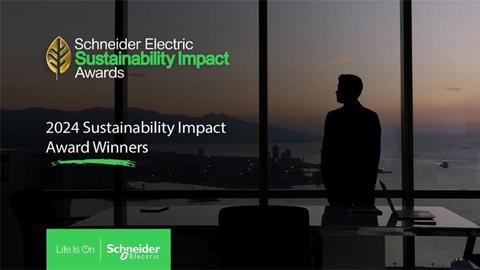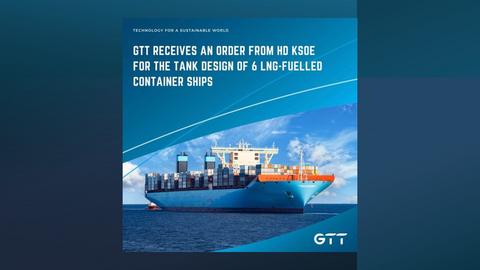Actus des entreprises
ERGAPOLIS: What is sustainable development?

The basics of sustainable development
The Earth is a closed ecosystem that needs time to regenerate itself, as demonstrated by economists Kenneth Boulding in “The Economics of the Coming Spaceship Earth” in 1966 and Nicholas Georgescu-Roegen in “The Entropy Law and the Economic Process” in 1971.
Population growth coupled with our consumption-based lifestyles, especially in Western countries, puts pressure on natural resources to feed, clothe, house, entertain, move, stay connected, etc. Energy and water needs are increasing tenfold, while natural resources and biodiversity are decreasing drastically.
In less than 100 years, when our planet is 4.5 billion years old, humanity has created a vicious circle. Our lifestyles and production methods increase pollution, the climate warms up, and there are hundreds of millions of climate refugees.
We want more and more, individually and collectively. Companies must be ever more competitive to the detriment of the quality of their products, their means of production or their relationship with their stakeholders. Consumers must consume more and more in favour of abundance and in favour of waste. Countries must be increasingly influential, securing more resources, especially water and oil.
This reality is no longer sustainable, especially in view of developing countries that legitimately aspire to the same living conditions. It implies that we need to think about a new development model.
What are the three components of sustainable development?
In 1987 the UN Commission on Environment and Development chaired by Gro Harlem Brundtland of Norway published a report, “Our Common Future”.
This report defines a new development model called Sustainable Development: “Sustainable development is development that meets the needs of the present without compromising the ability of future generations to meet their own needs”. While this definition will be the subject of much controversy over the meaning of the words, two new concepts are emerging. The notion of needs: What is a need? Is it the same for an inhabitant of a country in the north or a country in the south? And, the notion of limitations imposed on the environment’s ability to meet those needs, now and in the future.
Three principles result: a principle of intergenerational social equity, a principle of interdependence between the economic, social and environmental spheres, and a principle of uncertainty about the effects of action.
This definition will result in the reconciliation of environmental, social and economic issues as shown in the diagram below:


